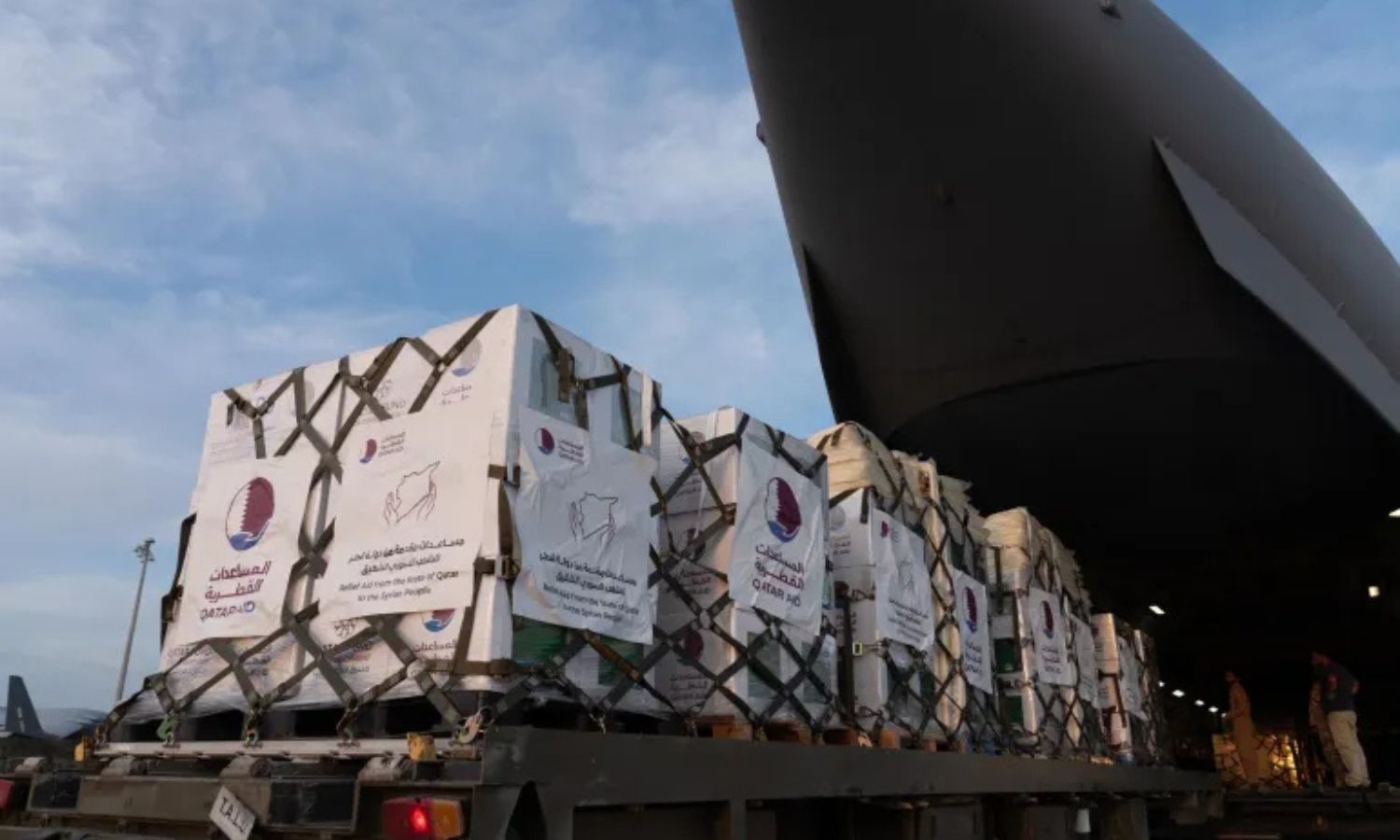Ukraine has announced the delivery of wheat flour aid to Syria in collaboration with the World Food Programme (WFP).
Ukrainian President Volodymyr Zelensky stated today, Friday, December 27, via the “X” platform, that a convoy carrying 500 tons of wheat flour is en route to Syria.
This aid is part of the “Grain from Ukraine” initiative, aimed at supporting approximately 33,000 families—or 167,000 individuals—over the coming weeks, according to Zelensky.
A Shift Following Russia’s Suspension
This initiative follows Russia’s decision on December 13 to suspend wheat exports to Syria indefinitely, citing “uncertainty about the new authority” and delays in settling previous financial dues.
A day later, Ukraine, a major producer and exporter of grains and oilseeds, expressed readiness to supply food to Syria after the fall of Bashar al-Assad.
Aid Deliveries to Syria
The United Nations Office for the Coordination of Humanitarian Affairs (OCHA) announced on Thursday, December 26, the continued delivery of humanitarian aid across Syria. The office confirmed that cross-border aid operations from Turkey are proceeding without obstacles.
According to OCHA, over 20 trucks loaded with humanitarian supplies crossed the Bab al-Hawa border crossing into Idlib. These supplies included food and medical aid provided by three UN agencies.
The office warned of worsening conditions for displaced people in camps in Idlib and northern Aleppo, where approximately 730,000 people are enduring harsh living conditions as winter sets in.
The UN report highlighted that most displaced individuals wish to return to their hometowns but face significant challenges, including a lack of basic services, damaged infrastructure, and the presence of unexploded ordnance.
Since the beginning of the year, 777 UN aid trucks have crossed into northwestern Syria from Turkey, carrying essential food, health, and humanitarian supplies.
Refugee Returns
The United Nations High Commissioner for Refugees (UNHCR) reported today, Friday, December 27, that a total of 58,350 Syrians—26% of them men, 28% women, and 46% children—have returned, primarily from Lebanon, Jordan, and Turkey.
The UNHCR anticipates the return of approximately one million Syrians over the next six months in 2025.
Earlier, the UNHCR noted that its team visited Idlib after the regime’s fall and found that returning refugees face difficult living conditions. Challenges include residing in tents, high rental costs, or inhabitable homes due to destruction.
This article was translated and edited by The Syrian Observer. The Syrian Observer has not verified the content of this story. Responsibility for the information and views set out in this article lies entirely with the author.


